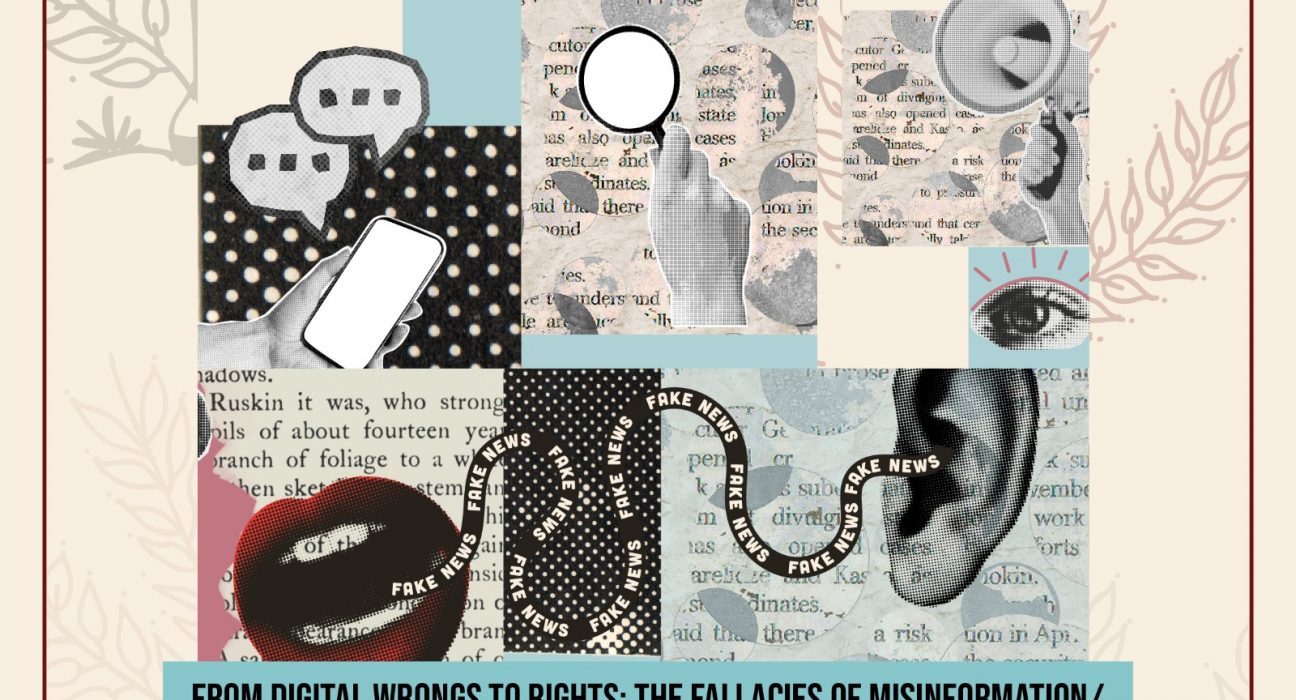From Digital Wrongs to Rights: The Fallacies of Misinformation/Disinformation and Cyber Fraud in Rural India
Introduction
India’s digital landscape reveals a stark divide between rural and urban areas, exacerbating vulnerabilities to misinformation and disinformation in underserved communities. While urban India boasts 67% internet penetration, only 31% of rural residents are online, according to the India Inequality Report 2022. This disparity extends to gender, with only 15% of women having internet access compared to 25% of men (Mobile Gender Gap Report 2021). Compounded by low digital literacy, rural populations are more susceptible to misinformation, cyber fraud, and harmful narratives. Civil society organizations (CSOs) play a critical role in addressing these challenges by leveraging their local expertise and deep community ties.
Understanding the Digital Wrongs
Misinformation in rural India differs significantly from urban narratives. In rural settings, disinformation often spreads through traditional community networks and targets women, restricting their mobility and reinforcing harmful stereotypes. For instance, pseudoscientific myths about menstruation claim women are “impure,” barring them from entering temples, kitchens, or harvesting crops. Simultaneously, cyber fraud disproportionately affects rural women, as scammers exploit their limited digital experience. One case study highlighted scammers persuading women to withdraw money or pay fees under the guise of accessing government benefits, leading to significant financial losses.
Studies highlight the role of digital platforms in amplifying misinformation. According to the Oxford University Press, 54% of Indians rely on social media for factual information, and 87% of content sharers express confidence in its accuracy. The lack of vernacular fact-checking resources further exacerbates the challenge, as most fact-checking websites focus on urban narratives and national issues. This gap leaves rural communities, especially women, vulnerable to the unchecked spread of false information.
Objective
This consultation aims to build a coalition of CSOs working in rural India to tackle misinformation and disinformation. It will provide a platform for organizations to share narratives, strategies, and insights, contributing to a broader understanding of the issue. The outcomes of the consultation will inform the creation of training modules and a report to empower rural women as fact-checkers and digital literacy advocates in their communities.
Role of the Consultation
The proposed consultation will bring together 10-15 CSOs working across various sectors, including livelihood, gender, health, and digital rights. By leveraging their expertise, the consultation will explore:
- Regional Variations in Misinformation: Identifying the types of disinformation prevalent in rural contexts, such as fraudulent schemes targeting government entitlements or harmful gender-based myths.
- Effective Strategies: Sharing innovative approaches CSOs use to address misinformation, including community workshops, media campaigns, and local network mobilization.
- Knowledge Exchange: Facilitating a collaborative environment for CSOs to share challenges and success stories in countering digital wrongs.
- Collaborative Solutions: Brainstorming region-specific strategies to address misinformation and improve digital literacy.
- Developing Actionable Resources: Drafting training modules and a report based on insights from the consultation.
In an increasingly digital world, misinformation and disinformation pose significant risks, particularly in rural areas with low digital literacy. Through collaboration with CSOs, this online consultation aims to create a grassroots movement of informed women equipped to tackle misinformation in their communities. This initiative not only addresses immediate challenges but also builds long-term resilience, contributing to a more equitable digital future.

